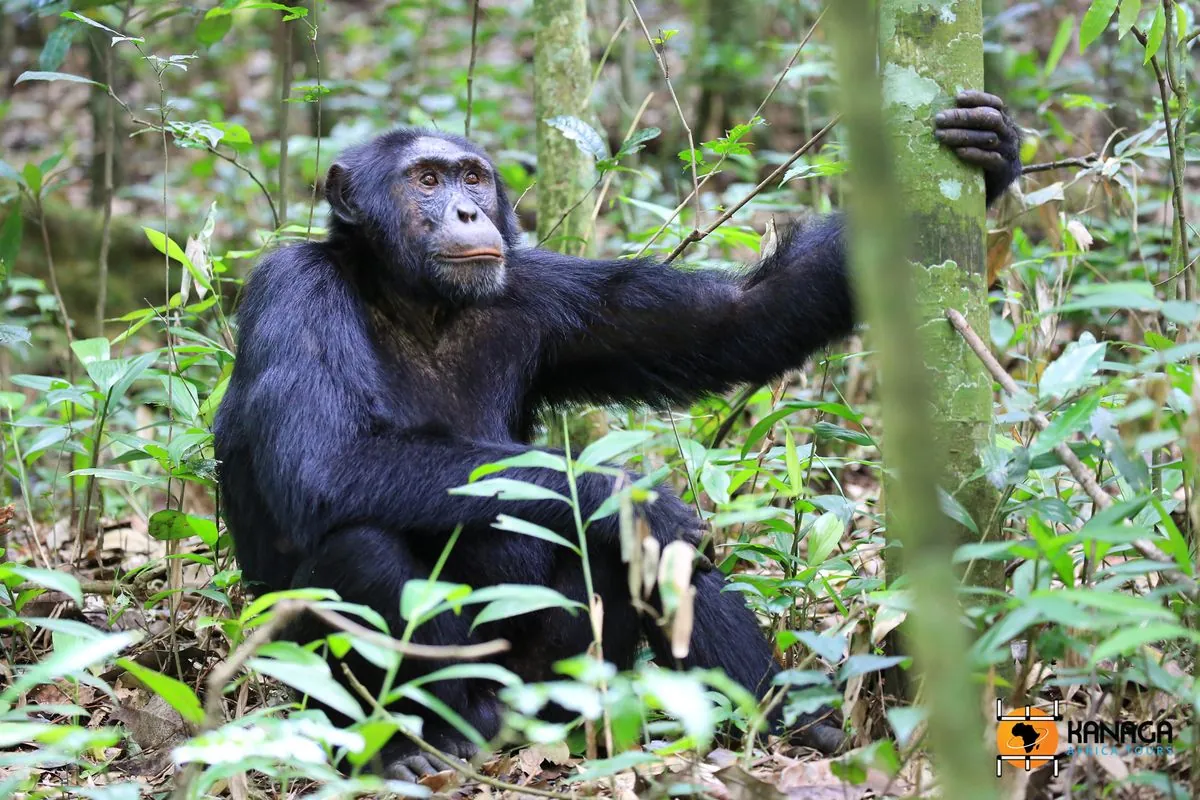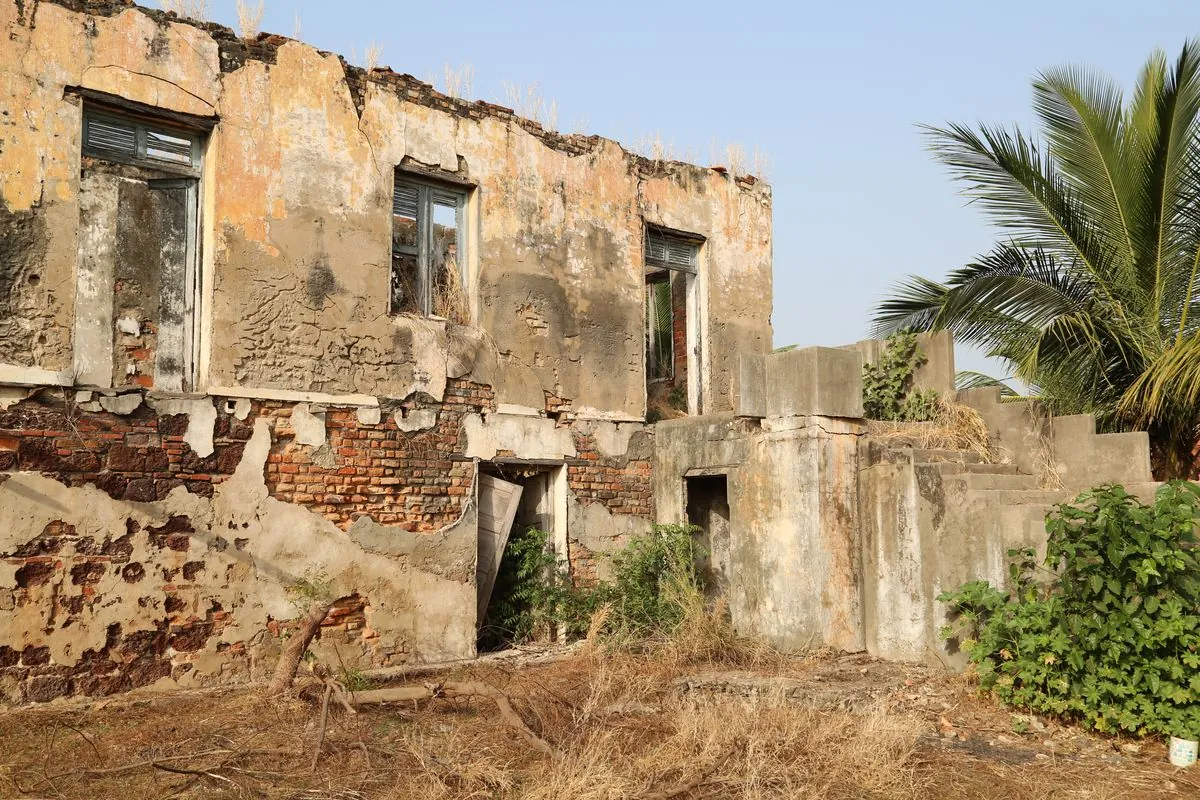Chimpanzee Attack Sparks Outrage in Guinea, Highlighting Conservation Challenges
A chimpanzee attack on an infant in Guinea led to the destruction of a research facility. The incident underscores growing human-wildlife conflicts and the plight of endangered western chimpanzees in West Africa.

In a tragic incident near the Nimba Mountains Nature Reserve in Guinea, a chimpanzee reportedly attacked and killed an infant, leading to a violent reaction from the local community. The event, which occurred approximately one year ago, has brought attention to the complex challenges of wildlife conservation and human-animal coexistence in the region.
Seny Zogba, the mother of the infant, recounted the harrowing experience. She was working in a cassava field when a chimpanzee approached, bit her, and carried her baby into the forest. The child's body was later discovered about 3 km from the nature reserve.
In response to this tragedy, an enraged crowd targeted a nearby chimpanzee research center. They ransacked the facility, destroying valuable equipment including drones and computers, and burning over 200 documents. This act of retaliation highlights the tension between local communities and conservation efforts.

Ecologist Alidjiou Sylla pointed out that food scarcity within the reserve is forcing chimpanzees to venture beyond protected areas more frequently, increasing the likelihood of human-animal conflicts. The research center reported six chimpanzee attacks on humans within the reserve since the beginning of that year.
The western chimpanzee, a critically endangered species, has experienced a devastating 80% population decline between 1990 and 2014. Today, only seven individuals remain in Guinea's Bossou forest, part of the Nimba Mountains Nature Reserve. This dramatic decrease underscores the urgent need for conservation efforts.
"Chimpanzees are respected in Guinea and traditionally given gifts in the form of food, prompting some to venture out of the protected area and into human settlements, where they can sometimes attack."
This cultural respect for chimpanzees adds another layer of complexity to the situation. While it demonstrates a historical connection between humans and these primates, it may inadvertently contribute to potentially dangerous interactions.
Chimpanzees, our closest living relatives sharing about 98% of our genetic blueprint, are known for their intelligence and complex social structures. They live in groups of 15-150 individuals and can use tools, recognize themselves in mirrors, and even learn human sign language. Their ability to remember individuals for years and show empathy demonstrates their cognitive sophistication.
However, the Nimba Mountains face additional threats beyond human-wildlife conflict. The area is home to one of Guinea's largest iron ore reserves, raising concerns among environmentalists about the potential impact of mining on chimpanzee habitats.
As we approach the one-year anniversary of this tragic event, it serves as a stark reminder of the delicate balance between human development and wildlife conservation. Finding sustainable solutions that protect both local communities and endangered species remains a critical challenge for Guinea and the broader West African region.


































